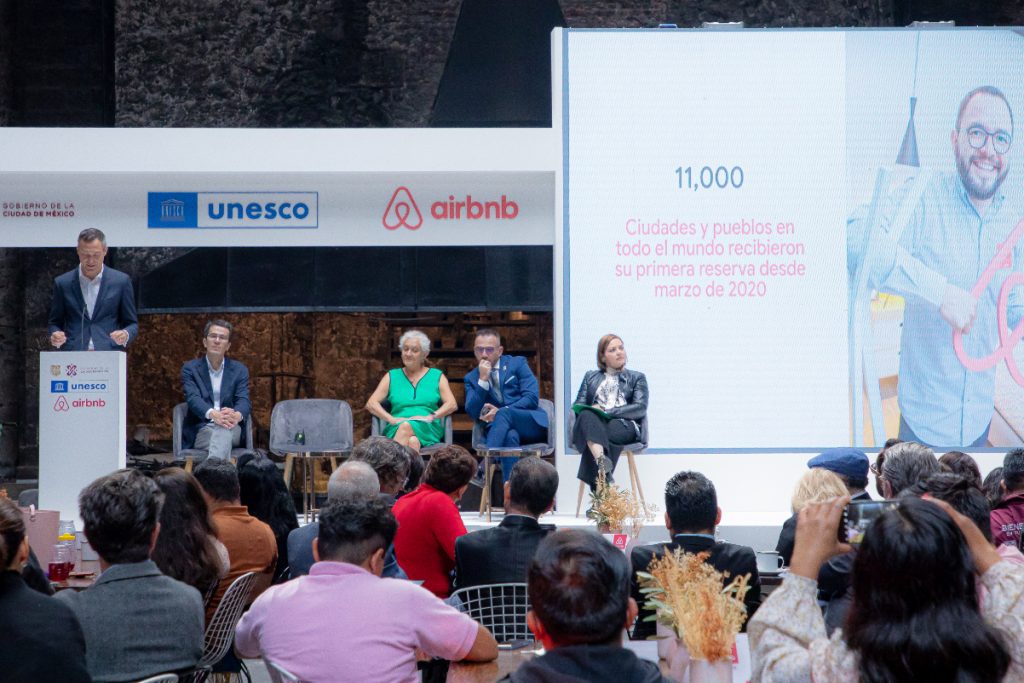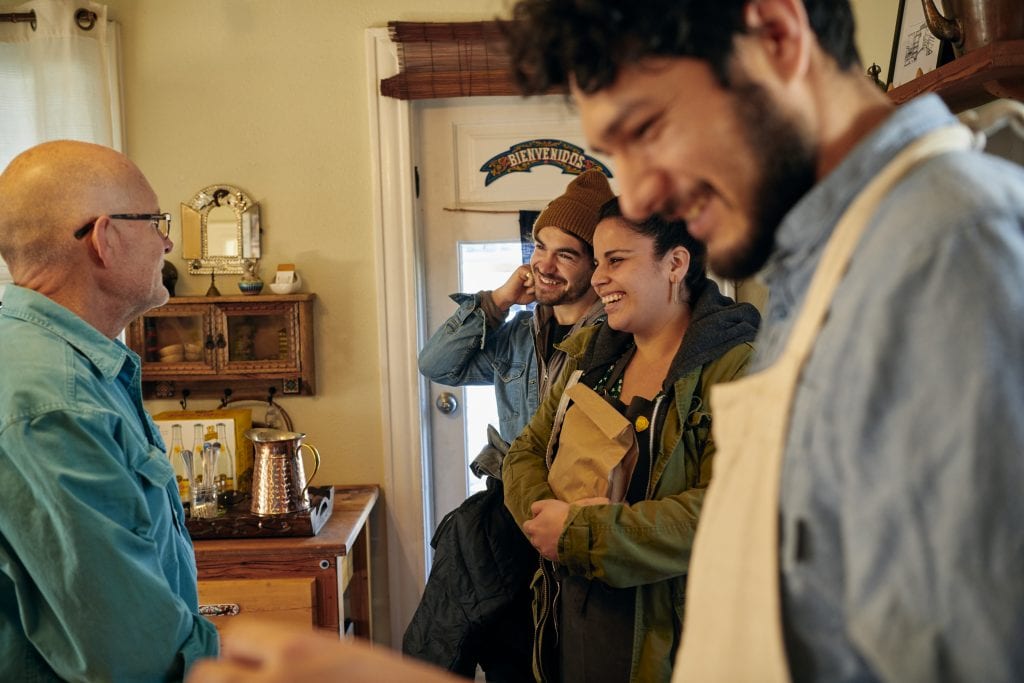Airbnb executives have talked a lot about how they have reduced their spending on performance marketing (think: buying ads in Google search results) to focus on brand marketing (think: subway posters advertising the company’s new “OMG” category of properties). So how much do they spend on brand and how much on performance?
The short answer is we don’t know for sure. In its first year after going public in December 2020, the short-term rental giant didn’t break out its brand marketing as a share of sales and marketing expenses in its financial results.
This year, though, it began to provide a touch more color, though not enough detail for a full picture.
The company doesn’t disclose how much it spends on performance marketing. Yet it has begun disclosing its year-over-year increases in search engine marketing and advertising spending. In the first nine months of the year, its search engine marketing and advertising expenditure rose by $76.9 million year-over-year. Sadly we don’t know what the total amount of performance marketing was in 2021 to compare it with.
What we can see for sure is that the bump in performance marketing represented a comparatively smaller increase than the company’s increased expenditure on brand marketing. We know that the company increased its brand campaign spending and that the increase was two-and-a-half times as much as the increase of its performance marketing.
In the first nine months this year, the company spent $771.9 million on “brand and performance marketing,” according to financial filings published on Thursday. Of that, $202 million, or 26 percent, represented increased spending on specific brand marketing campaigns.
Sadly, we don’t know the company’s total spending on brand marketing.
But we know the increased spending was meant to support campaigns including its “OMG” category of properties. Since the category’s introduction, the OMG listings have been viewed more than 300 million views, the company claimed this week.
Brand marketing is critical to the company’s ability to continue to attract guests and hosts through direct and unpaid channels, which executives say are cheaper than advertising on Google, Facebook, and other channels.
The company’s other “sales and marketing” costs included personnel-related expenses for its communications teams and for “policy,” which cost a separate $335.7 million in the first nine months of the year — representing a 3 percent increase year-over-year.
Added up, the company spent about $1.1 billion on “sales and marketing” in the first nine months of this year. That was about 17 percent of revenue, far lower than what traditional online travel agencies spend, as Skift has analyzed before.
Boosting Incentive Payments to Customers?
An unspecified amount of Airbnb’s other sales and marketing money was used for referral incentives and coupons. The company has for years made payments to customers via referral programs. Airbnb typically offers a coupon credit for a future booking after a person refers someone to the online agency and that new customer completes their first stay.
The company doesn’t spell out how much it spends on these incentive programs. It appears to mostly lump the amount along with refunds it offers to customers upset with something going wrong in their Airbnb experience.
Intriguingly, the total number of customer payouts for incentives and refunds has increased this year. In the comparable third quarters in 2020 and 2021, Airbnb kept these sums at about $85 million. But in the third quarter of 2022, the total number of incentive payments and refunds rose to $152 million. That was 78 percent more.
Have refunds gone up as the pandemic has ended? Perhaps. But it’s also possible that the company instead increased its referral and related marketing programs, such as where it offers coupons. The company hasn’t broken out the details.
Energy Credits for Hosts in Britain?
On Thursday, the company debuted another type of brand-boosting program. In the UK, Airbnb debuted a sustainable hosting fund worth about $1.1 million (£1 million) to help property managers who want to make their lodging more energy efficient.
Many hosts are struggling to cope with spiking energy costs in the UK because Russia is disrupting energy supplies to Europe during its war on Ukraine.
Airbnb will make grants to hosts of about $3,300 (£3,000). Qualifying actions include switching to a more energy-efficient boiler or heat pump and insulating a roof. Details are at the company’s sustainability fund site.
Overall, Airbnb appears to have found alternatives to paid performance marketing to be more cost-effective. For more context, watch Airbnb co-founder and CEO Brian Chesky explain the company’s strategy in this video from Skift Global Forum 2022.





